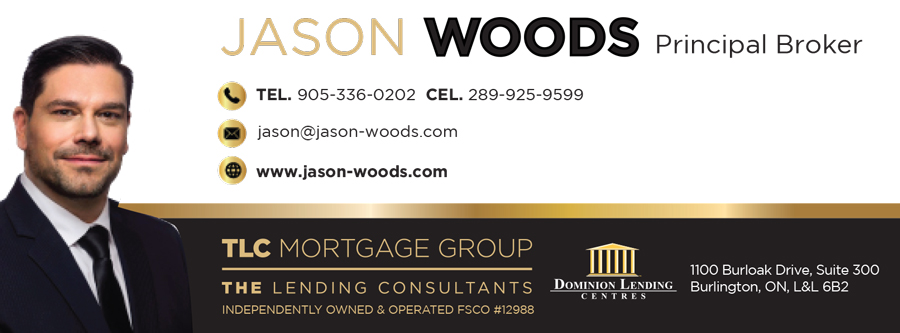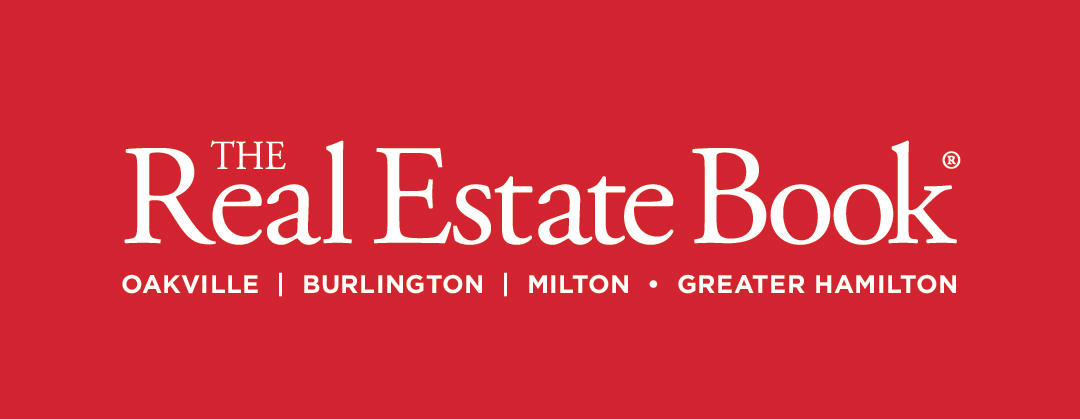When your mortgage application goes through the approval process, they are not only looking at you, but also the property in question. In fact, sometimes when an application is denied it has nothing to do with you, and everything to do with the property.
To improve your chances of success when it comes to financing, there are three main things to consider:
- The type of property
- The location of the property
- The usage of the property
Let’s take a look at some of the specifics for each of these considerations.
Type of Property
There are various types of properties when it comes to home ownership – detached and semi-detached houses, condos, townhouses, duplexes, and carriage or heritage homes. Depending on the type of property you have chosen, there may be specific considerations.
When it comes to condo’s, the lender (and potentially the insurer) will consider the age of the building. In addition, they will look at maintenance history (or lack thereof), as well as the location for marketability. Some lenders may have stipulations that limit themselves to buildings with a certain number of units, or buildings past a certain age.
If you are looking at a property with additional units, it is important to consider that buildings with more than four units are considered a ‘commercial’ property and would be evaluated on that basis.
Whether registered or designated, heritage homes require a more detailed review and often come with special considerations for financing.
Leasehold or co-op properties also have specific requirements, particularly when it comes to the maximum loan-to-value which means they will require a larger down payment. These types of properties also typically call for additional documentation, and may have varying interest rates.
Location
You’ve heard it before – location, location, location! Location matters just as much to the potential homeowner as it does to the lender.
If the location limits the potential resale value for the property, lenders may not provide financial approval due to the increased risk if the borrower defaults. Some lenders may allow these properties but they might reduce the loan amount, or they may add a premium to the interest rate.
For properties with water access only, or with no access to municipal utilities (heat, water, electricity, sewage), there will be additional requirements to assess lender risk. These requirements might include insurance coverage, water testing, septic tank inspection, seasonal access and condition of the property.
Usage
The use of the property can include things such as personal, investment, recreational, agricultural and also consider previous activities. A few things to keep in mind are:
If you are looking at purchasing a condo on a property that has either a commercial component in the building (such as shops on the first floor), or allowable space in the unit for businesses (live/work designation), you may have limited lender options. In some cases, lenders will avoid these types of properties at all costs, while others may require approval from the insurer.
If the property requires renovations, the extent of the upgrades, as well as the property value will be taken into consideration.
For owner-occupied homes that contain rental suites, it is important to consider potential rental income. If the house is purchased for investment, rental income is automatically considered. This can result in a different interest rate than simply an owner-occupied dwelling. In these cases, the rental income can also increase the resale value of the property. However, an appraisal of the property must be conducted and reviewed to ensure the condition.
Purchasing a second home for recreational use will require a review to determine if it is seasonal or year-round access.
Before you begin your home search, it is best to discuss your future plans with a Mortgage Professional. This will ensure you receive accurate information to understand the specific requirements your potential property might require. Seeking expert advice early on will also give you ample time to find the right fit!
Written by: Jason Woods




